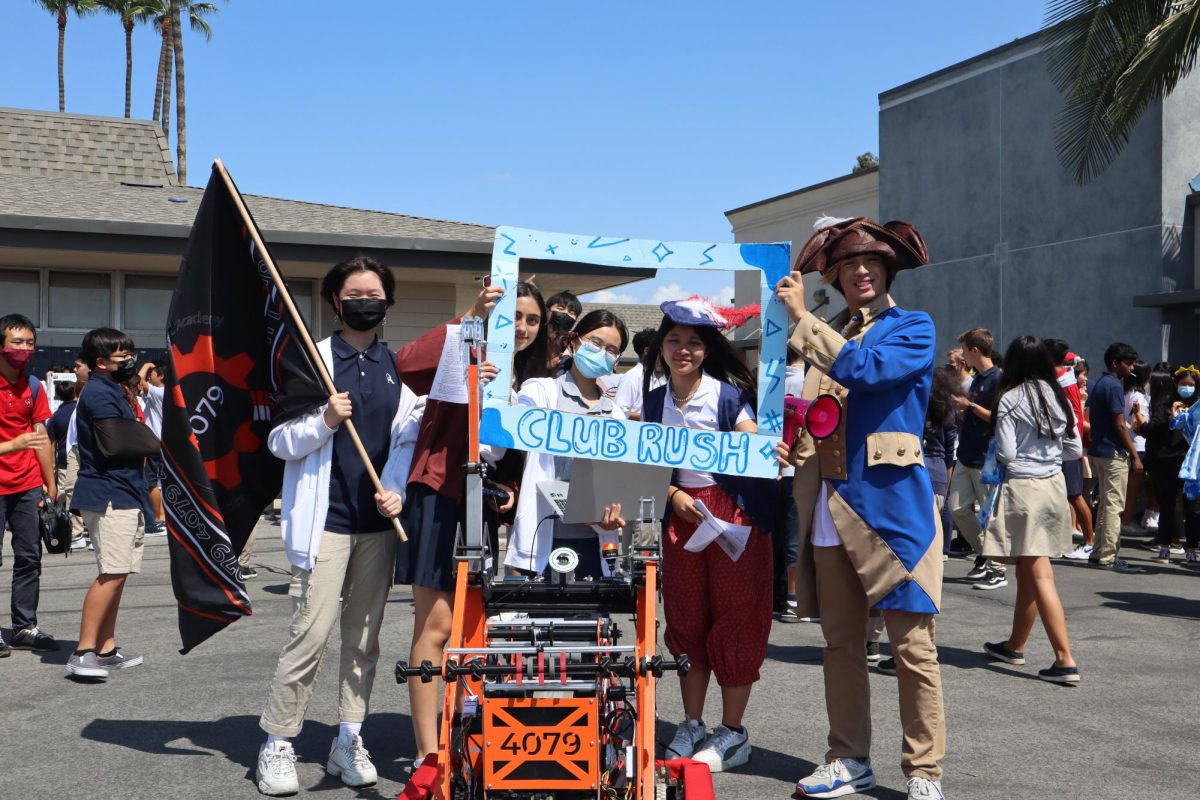With an increasingly holistic approach to college admission processes, it is time to reconsider how extracurriculars benefit the standard college application. Recent years show a dramatic trend of superficial extracurricular activities that belies the passion that should be involved within these programs.
Oxford Academy students perpetuate this trend; many pursue extra club positions, sports, and volunteer work just for an impressive college application.
“[Extracurriculars] help because [it gives the admission officers] a chance to see who you are besides your academics. It makes you different from the others.” freshman Kelsey Nguyen said.
However, the holistic shift in admissions priorities calls into question the effectiveness of extracurriculars done with superficial passion. Admissions officers can distinguish an application loaded with common activities for the sole purpose of looking well-rounded, which devalues the student’s image.
With such competitive pools, students stack their applications with varied activities, leadership positions, and sports teams. However, this makes many applications seem disingenuous.
“I don’t really believe in the idea of doing your entire extracurriculars for the sake of your college application. If you’re genuinely interested in something and demonstrate that through some organization or project, then that’ll be far greater than just doing something for shock value.” said senior Michael Vuong.
Particularly evident in Oxford’s intense academic environment, the pressure placed on being a “well-rounded student” undermines the legitimacy of a student’s passion for a specific area of interest. Where there may be a standard of “perfect” applications filled with various extracurricular activities, students are led to fit the mold.
Though formerly believed that having a versatile application is the key for a successful admission, focusing on a specific passion is the way to go. Instead of joining random clubs without a particular focus, students are better off concentrating on their area of interest and pursuing it with commitment. With activities such as individual passion projects or research with a professor, consistency with pursuing a field of interest is bound to yield more successful results in the college admissions process.
Vuong, who received a full-ride scholarship to Massachusetts Institute of Technology (MIT), steered his extracurriculars to be centered around his interests of robotics and STEM. He even started a passion project that helped his community while still showcasing his contributions and leadership.
“My extracurriculars were very oriented and direct. They showed that I had a clear interest and affinity for a certain subject. It was really easy for me to emphasize my contributions to these organizations and explain how it impacted my personal life,” Vuong said.
As the holistic approach to college admissions becomes the new standard, students should consider rethinking their method of building the “perfect” application. Instead of relentlessly pursuing every surface-level extracurricular opportunity possible, Oxford students could benefit from seeking genuine enjoyment in their endeavors.



























































